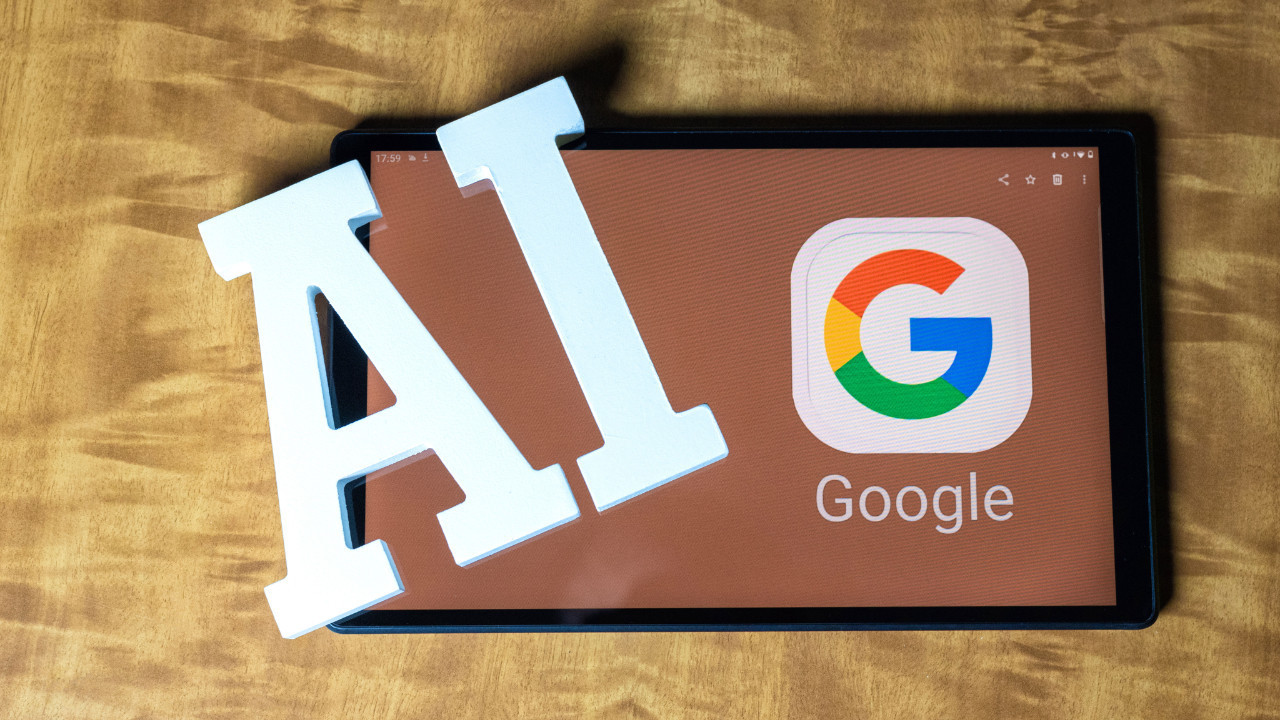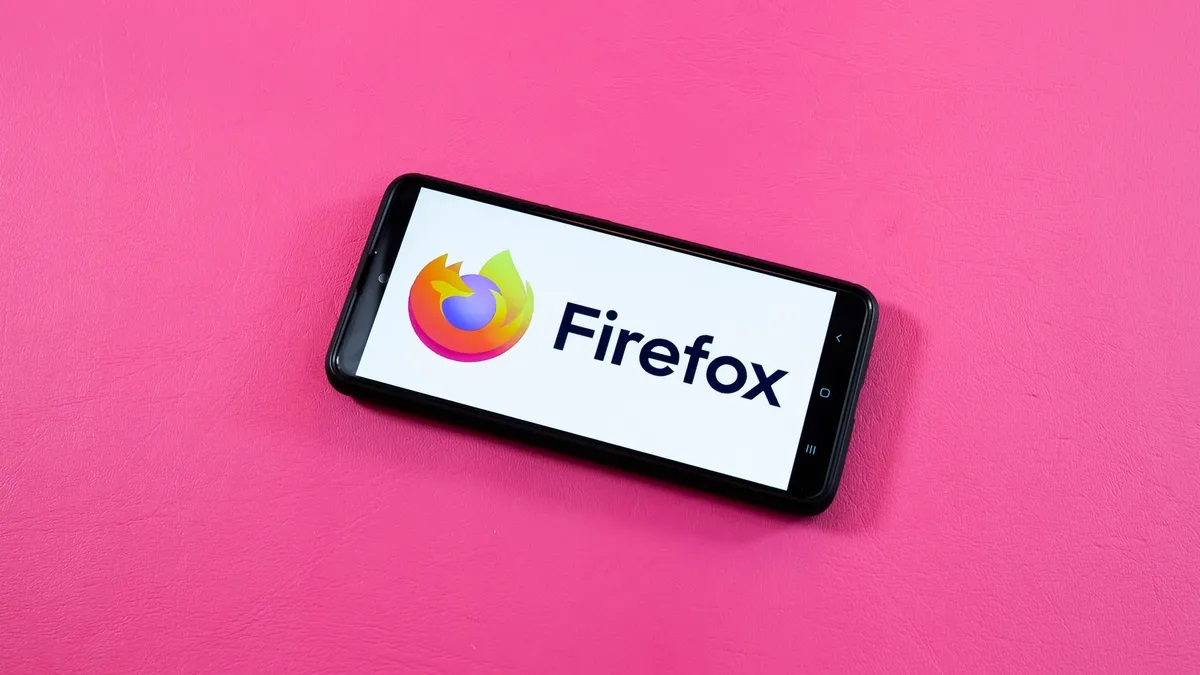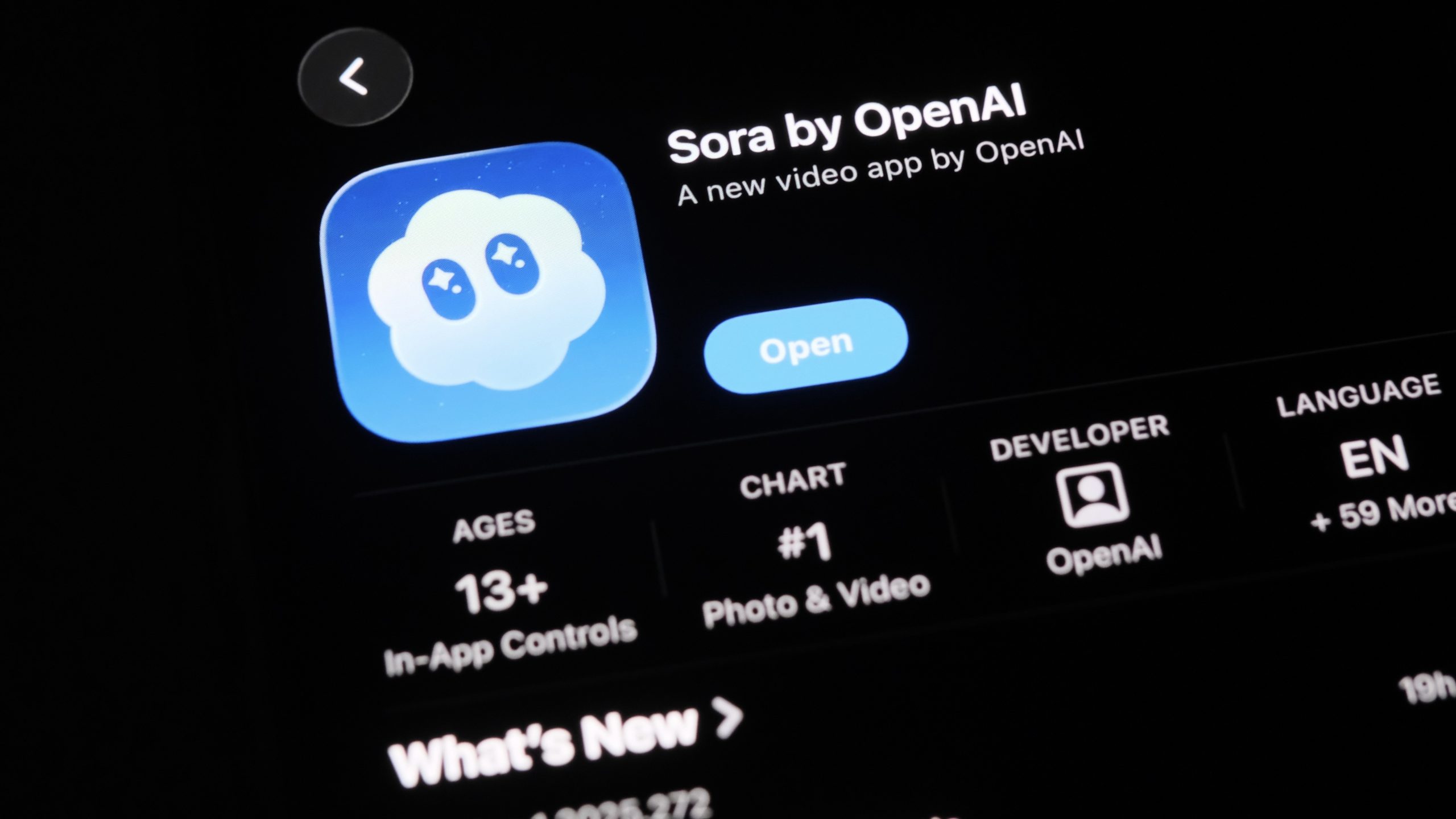The generative AI revolution is no longer limited to tech enthusiasts. Whether you embrace it or not, this rapidly expanding technology is reshaping nearly every corner of our lives. Although the race unofficially began with OpenAI’s ChatGPT, Google has quickly become one of the biggest players in the field with Gemini and its powerful ecosystem of AI-driven services.
For most people, using generative AI still means chatting in a text box or creating a simple image. Yet the true scope of this technology goes far beyond that. To demonstrate its vast potential, Google has released a massive list of 1,001 real-world AI use cases, spanning industries from automotive and finance to healthcare and media.
This new publication expands on Google’s earlier list — released about a year and a half ago — which featured just 101 examples. The new version increases that number tenfold, offering an extensive snapshot of how AI is already revolutionizing global business and innovation.
Despite this enormous expansion, Google emphasizes that we’re still only scratching the surface of what’s possible. The company notes that the question “What can AI truly achieve across an entire organization — or what will it be able to do in the next 18 months?” remains largely unanswered. Many of these examples are powered by Google’s own generative AI technologies, yet the collection demonstrates the incredible diversity of applications already emerging across industries.
AI Is Powering Industry-Wide Transformation
According to Google, generative AI is already transforming how the world’s largest companies operate.
In media and entertainment, production teams are using AI to automate post-editing, generate subtitles, and personalize recommendations. Sports broadcasting is another frontier: Formula E, the global electric car racing championship, now generates two-minute highlight videos — complete with driver stats and season-long narratives — from raw race data that once took hours to edit manually.
In the automotive sector, Mercedes-Benz is building vehicles capable of natural-language conversations with drivers. Its Gemini-powered MBUX Virtual Assistant delivers contextual and personalized responses for navigation, entertainment, and points of interest, creating a truly human-like in-car experience.
In logistics and insurance, UPS Capital — the insurance arm of UPS — leverages machine learning and shipping data to assign a confidence score predicting the likelihood of successful delivery. This innovation improves risk management and streamlines insurance processes.
In customer service, YouTube has reduced call-abandon rates by 75 percent using AI-driven support systems that assist users while they wait to speak with a live representative.
And finally, in art and culture, the impact is equally profound. At The Sphere in Las Vegas, a 15,000-square-meter LED screen recently showcased a scene from a 1939 film that was fully re-created using generative AI — a breathtaking demonstration of how machine intelligence is redefining visual art and cinema.
Discover powerful features to boost your profile on our Instagram Tools.



